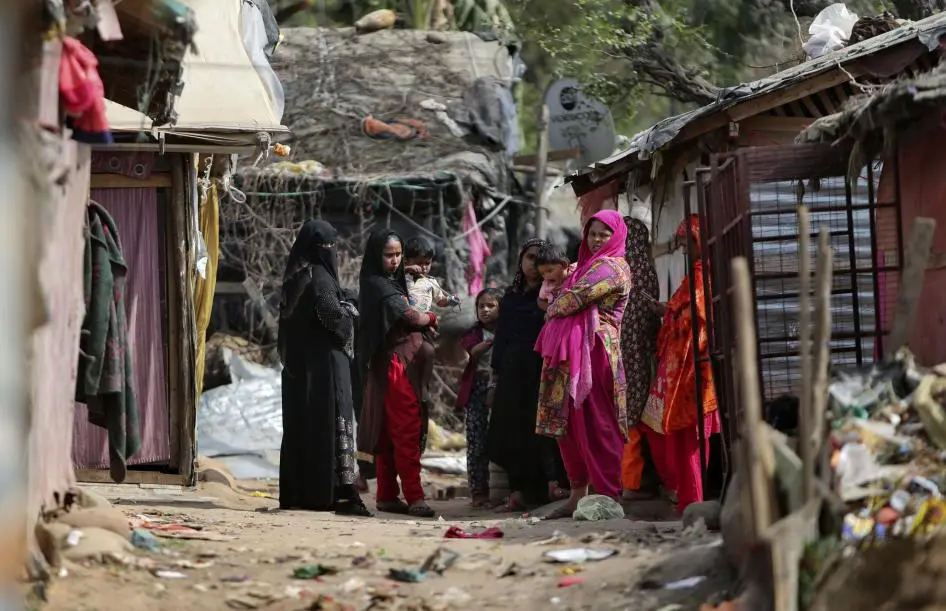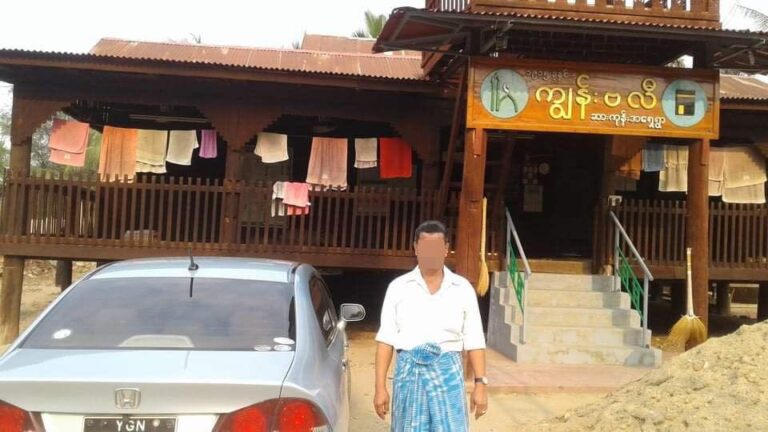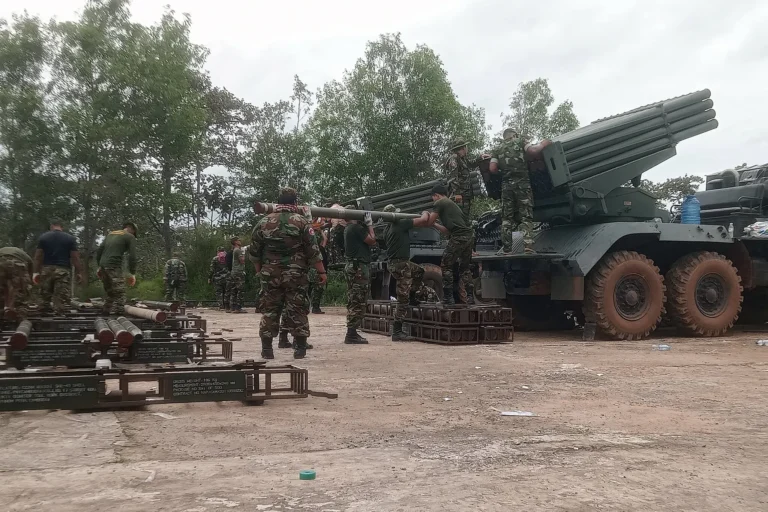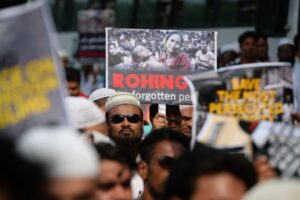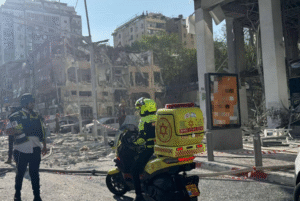In a cramped refugee camp tucked inside India’s capital, a quiet knock shattered the night.
“It’s just for biometric verification,” the police said. “Ten minutes. Come with us.”
But it wasn’t a routine check. Within minutes, men were forced into police vans, women were separated, and children were left sobbing. What followed wasn’t verification—it was detention, abuse, and for many, forced return to the very country they once fled in fear: Myanmar.
A Crackdown on the Vulnerable
Over recent weeks, Indian authorities have launched a harsh crackdown on Rohingya refugees, arresting dozens in New Delhi, detaining them without due process, and deporting many back to Myanmar—a country still ruled by a brutal military regime responsible for genocide.
Witnesses, survivors, and human rights experts say these actions not only violate international law, but also put one of the world’s most persecuted communities in grave danger. For the Rohingya in India, the message is chillingly clear: You are not safe here.
A Night of Terror
On May 6, police descended on Rohingya communities in New Delhi’s Hastsal, Vikaspuri, and Okhla neighborhoods. Survivors say at least 80 people were taken in a single night.
“They called us by name,” recalls Paul, a Rohingya Christian refugee, speaking under a pseudonym. “They said it was routine. But when my older brother stood up slowly, they beat him across the neck with a wooden stick.”
Others shared even more disturbing accounts. In an audio message obtained by Fortify Rights, a deported refugee named Sayeed describes being blindfolded, handcuffed, and flown out on a military plane.
“We didn’t know where we were going. They beat anyone who asked questions,” he says. “Now we’re back in Myanmar. They handed us over.”
From Sanctuary to Surveillance
India has never signed the 1951 Refugee Convention or its 1967 Protocol, and it has no domestic asylum law. Yet for years, it was seen as a relatively safe refuge for Rohingya fleeing military violence. Many entered unofficially but carried UNHCR refugee cards—small symbols of hope.
That hope is now fading.
Since 2019, India’s government, led by Prime Minister Narendra Modi, has taken a hardline stance. Rohingya are increasingly labeled “illegal migrants,” and senior officials have pledged to deport them all. Quietly, arrests and deportations have become routine.
This latest wave marks a dangerous escalation.
Bibi, a Rohingya mother, was arrested with her husband and children. She and the kids were released after a day, but her husband hasn’t been seen since.
“He told me not to try to find him,” she says. “He said they were torturing him. I think he’s already been sent back.”
Legal Obligations, Ignored
India may not be bound by the Refugee Convention, but it is still required under international law—including the International Covenant on Civil and Political Rights (ICCPR)—to follow the principle of non-refoulement, which bans returning anyone to a place where they face torture or persecution.
Indian law also offers protection:
- Article 21 of the Constitution guarantees the right to life and personal liberty.
- Article 22 ensures every detainee is informed of the reason for their arrest, given legal counsel, and brought before a magistrate.
None of these rights were granted to the Rohingya detainees.
“There was no judicial review, no lawyer, no hearing,” said Yap Lay Sheng, a human rights specialist at Fortify Rights. “India is sending Rohingya back to a regime known for genocide. It’s a blatant violation of international duty.”
Life Behind Bars, Fear at the Border
Those who survived detention describe overcrowded cells, days without food, and constant fear.
Harun, a young father, was detained with his two-year-old son.
“They made us sit in a tiny room all day. My baby kept crying. I asked for food again and again—twelve times. No one answered.”
Entire Rohingya communities now live in fear. Families hide their children. Phones stay off. Even UNHCR cards, once a sign of protection, now feel like false promises.
“I fled genocide in 2017,” said a 47-year-old man from Buthidaung, Myanmar. “I thought India would be safe. Now, every night, I wait for the sound of boots. There’s nowhere left to hide.”
Back to Danger
Myanmar is still burning. Since the military coup in February 2021, the country has spiraled deeper into chaos—marked by airstrikes, executions, and widespread human rights abuses. For the Rohingya, the risks are even worse.
In 2017, Myanmar’s military carried out what the UN called a “textbook case of ethnic cleansing.” Villages were destroyed. Mass graves uncovered. Nearly 750,000 people fled, many to refugee camps in Bangladesh.
Sending anyone back now is not just irresponsible—it’s deadly.
A Deafening Silence
India’s campaign against the Rohingya has unfolded quietly, lost amid election headlines and global crises. But the consequences are serious.
Rights groups say India has already deported scores of Rohingya. Some have disappeared. Others are believed to be imprisoned—or worse.
“The silence of the international community has enabled these abuses,” says Fortify Rights. “This isn’t a gray area. It’s black and white. These deportations are illegal and morally indefensible.”
What Needs to Change
Advocates are urging India to:
- Immediately stop all deportations of Rohingya refugees.
- Respect its obligations under the ICCPR and Indian Constitution.
- Provide access to legal aid and independent judicial review for all detainees.
- Recognize UNHCR documents as valid proof of refugee status.
- Stop misusing the Foreigners Act of 1946 to criminalize refugees.
The law may allow the removal of undocumented foreigners, but it cannot override international human rights standards.
Stateless, Again
For the Rohingya, exile didn’t end when they left Myanmar. Persecution followed them—across borders, through police raids, into detention, and now, back toward danger.
As Yaser Arafat, a Rohingya youth advocate in Bangladesh, said:
“We are called illegal everywhere. But no one asks: Where is our home? Who made us illegal?”
Until governments like India are held to account, the Rohingya will remain trapped—forever fleeing, never finding safety.
Source: Rohingya Khobor
